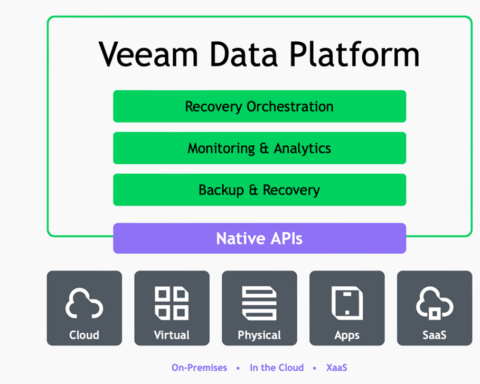With citizens, governments, and businesses more dependent than ever on digital connectivity, cybersecurity remains one of the most pressingsectoral issues of the decade.
While cybersecurity remains critical and has been given the required importance,there remainsa perception gap between executives, who feel positively about their cyber resilience, and security leaders who do not.
In reality, cybercrime is showing no signs of slowing down and continues to pose risks across different aspects of society.As per a report by US Security Firm CrowdStrike, Indian firms suffered more ransomware attacks than any other country in 2021. These statistics demonstrate the gravity and prevalence of cybercrime today. As we focus on global recovery, and a new era of economic growth, the question is, how do we protect against cyber threats?
In recent months we’ve seen more focus on policy matters.Both WEF’s Global Risk Report for 2022, and the G7 communiquesaw commitments from governments to work together to share expertise and minimise cyber risks.
In order to deliver on globally ambitious designs of digital inclusion, sustainability, improved health outcomes, defence, and much more for the economies of tomorrow, cyber resiliency is a key building block and enabler.
It’s no secret that advanced technologies such as Artificial Intelligence (AI), Machine Learning (ML) and IoT are the key building blocks for future progress, but perhaps ironically, it’s these same technologies that can present new opportunities for cyber criminals. It is therefore important to secure newer technologies by enabling more resilient, long-term solutions to the threats posed by cyber criminals. Economic rebalancing will only be equitable if these tools are accessible to all organisations and businesses. To make this vision a reality, the need for collaboration and support between the public and private sectorsremains important.
SME Cyber support vital for wider economy
Small and Medium-sized Enterprises (SMEs) are the backbone of local economies. SMEs are seen askey to trade and logistics, partner networks, and digital ecosystems.
Research shows that 43% of cyberattacks are made against small businesses, up from 18% just a few years ago. Recent WEF reports indicate that 88% of respondents are concerned about the cyber resilience of SMEs in their ecosystem. It is essential that we work to support and protect such businesses, particularly as we look towards building more resilient and balanced societies. SMEs, unlike other businesses, often require greater government support. Governments that recognise SMEs as integral toa flourishing society will empower them and they in return will contribute to the economic progress. Helping these smaller organisations protect themselves against the ever-growing cybersecurity threat must be a priority for public sector recovery strategists, in the months and years ahead.
The convergence of proactive and reactive digital resilience strategy is now imperative across organisations, businesses, and industries – cybersecurity defences alone are no longer enough. Organisations need to integrate resilience into all areas oftheir businesses’ digital transformation planning and operations.
Research indicates the need for clear and productive regulations that allow for the sharing of information and collaboration across the digital ecosystem. In WEF’s Global Cyber Security Outlook report earlier this year, over 90% of respondents reported receiving actional insights from external information-sharing groups and/or partners. The value of collaboration is obvious, yet many businesses refuse to share cybersecurity information for fear of losing customer loyalty or exposing their weaknesses. Progress will require a shift in mind-set too – the ability to encourage a collaborative approach, a culture of sharing, trusting, and joint accountability will be needed.
Public to Private Sector Empowerment
Even with strong cyber defences in place, it’s impossible for companies to avoid a cyber-disaster and their resultant, adverse impacts upon data, privacyand trust. Therefore, the key objective should be to develop a cyber-resilient strategy that can anticipate attacks and quickly recover from significant disruption. It is important that public sector infrastructure empowers businesses to help identify, protect, detect, respond, and recover from a cyberattack so that they can resume fully functional operations. The real test should be how quickly and seamlessly organisations can return to ‘business as usual’. One essential component of such resilience is to create and implement thorough cybersecurity training exercises amongst workforces. This prepares employees to identify security risks, lures, heightens awareness and reinforces the need for teamwork, skills, and collaboration across the whole organisation.
Cybersecurity is much more than just an insurance policy against attacks. Cyber resilience, if implemented effectively, can help turbocharge long-term economic prosperity and innovation. It can provide the digital defences crucial to our modern world.
Cybersecurity should be at the forefront of public sector and business leaders’ minds. A comprehensive cybersecurity strategy that works in alignment between governments and industryis a key component to post pandemic recovery for businesses, national economies, and citizens around the world.








